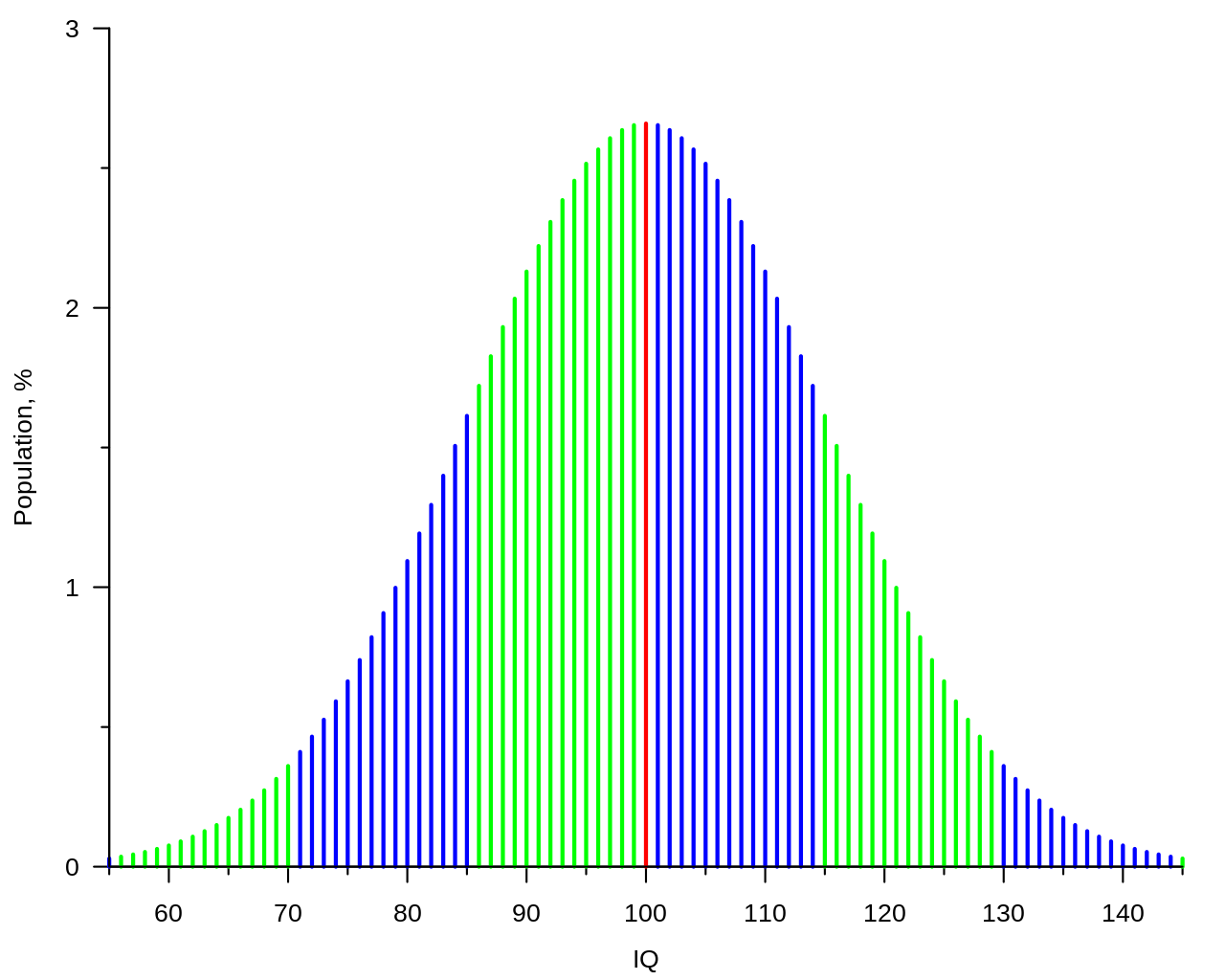Quantitative Literacy
A Q-literate graduate will have acquired a proficiency in critical thinking and problem solving.
What is Quantitative Literacy?
QL is interdisciplinary and involves seeking and analyzing quantitative information for applications in daily living, both personal and professional. Students encounter examples of QL in courses throughout their college curriculum, just as they will encounter QL in a variety of situations after graduation.
The text Mathematics and Democracy1 carefully lays out the case for Quantitative Literacy (QL) in terms of requisite elements, expressions, and skills. The authors of the design team provide the rationale for a robust Quantitative Reasoning (QR) curriculum:

| Quantitatively literate citizens need to know more than formulas and equations. They need a predisposition to look at the world through mathematical eyes, to see the benefits (and risks) of thinking quantitatively about commonplace issues, and to approach complex problems with confidence in the value of careful reasoning. Quantitative literacy empowers people by giving them the tools to think for themselves, to ask intelligent questions of experts, and to confront authority confidently. These are the skills required to thrive in the modern world. (p.2 NCED) |
We believe proportional reasoning underlies the skill set required to effectively communicate with numbers, while spreadsheets provide a platform for engaging with complex problems that are “anchored in data derived from and attached to the empirical world.” (p.5 NCED) QR curriculum is distinguished from traditional mathematics in that the context drives the content in QR, and in teaching QR: “content is inseparable from pedagogy and context is inseparable from content.” (p.18 NCED)
1National Council on Education and the Disciplines (NCED). Ed. Lynn Steen et. al. Mathematics and Democracy: The Case for Quantitative Literacy. 2001
National Numeracy Network Resources
The National Numeracy Network (sponsored by NSF, Dartmouth, and the Woodrow Wilson Foundation) offers support for integrating QL into all disciplines.
Eric Gaze, Director of the QR Program, has been a member of the National Numeracy Network since its founding in 2004. He has served as Vice President 2011-13 and President 2014-19. The NNN offers an online, open source journal, Numeracy, that is a great resource for educators. The NNN hosts a conference every year, details found on the website.
Resources Supporting Quantitative Literacy
Eric Gaze, Director of the QR Program, writes a blog linking real world articles to content in the MATH 1050: Quantitative Reasoning course at Bowdoin. Articles, quizzes and discussion of the articles are all found on the blog.
Eric also has written a QR textbook/e-course: Thinking Quantitatively: Communicating with Numbers, 2nd edition, Pearson Publishing 2019 Boston, MA. This e-course can be accessed through the Pearson website for educators.